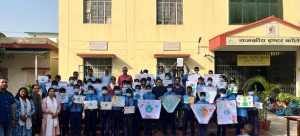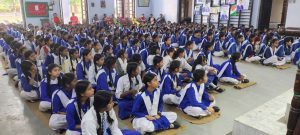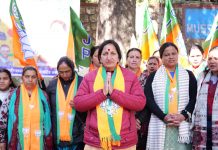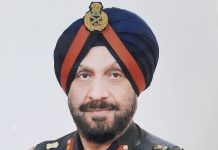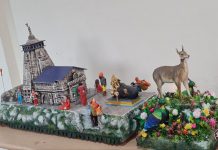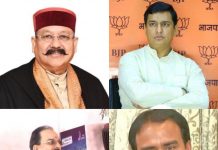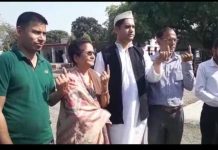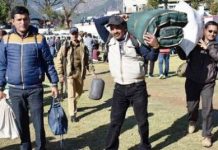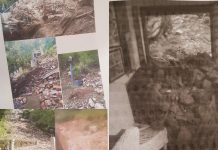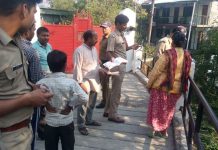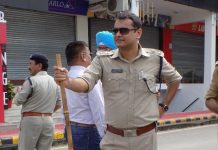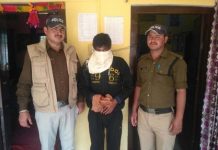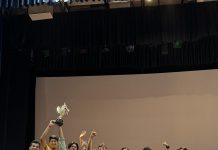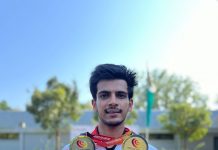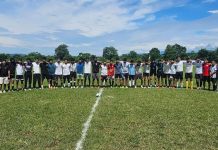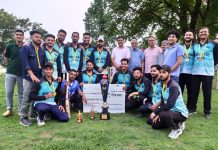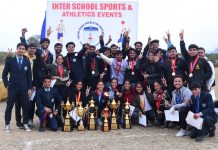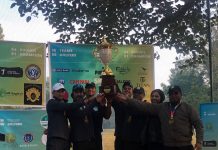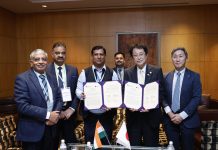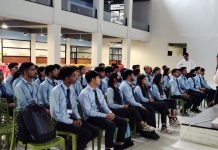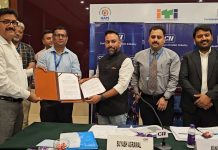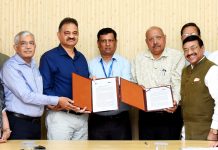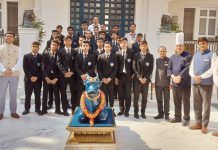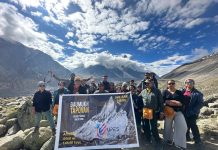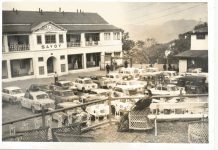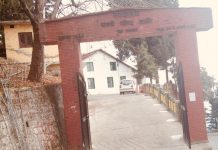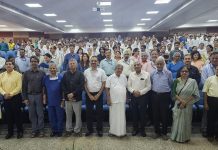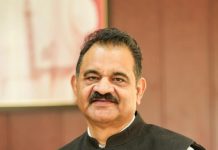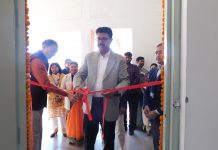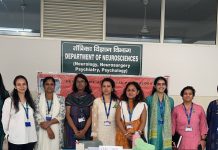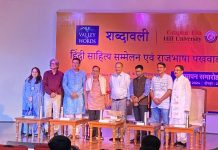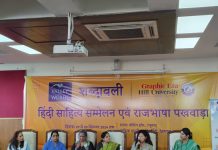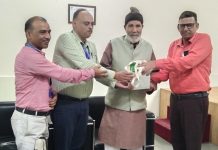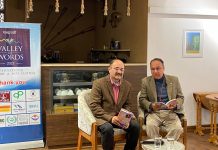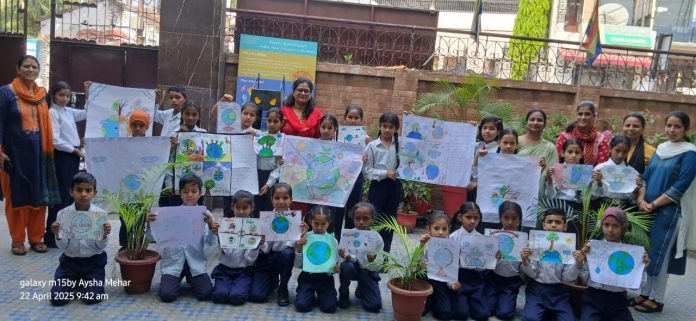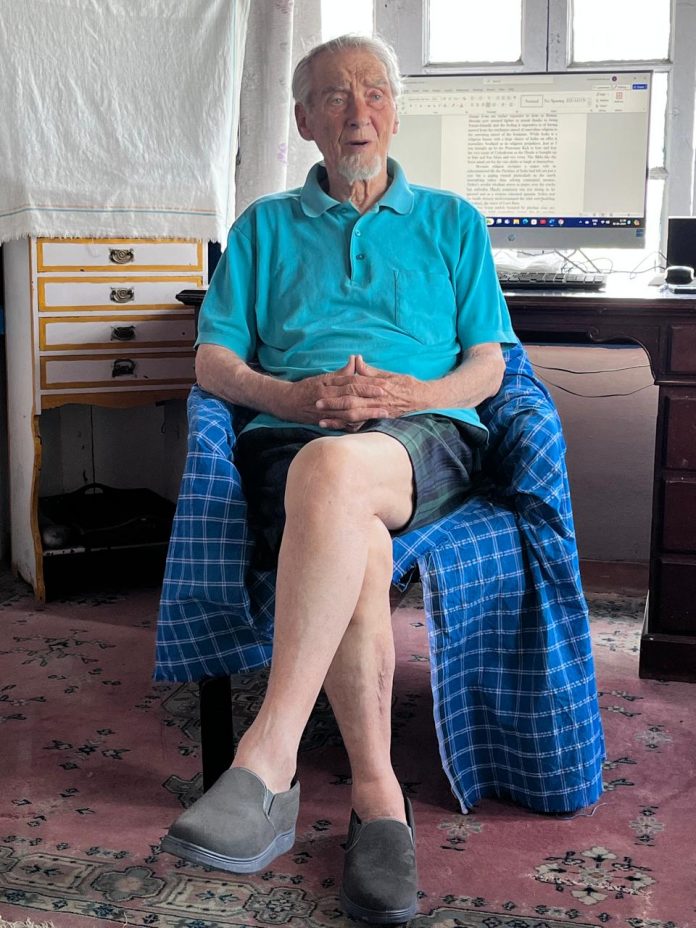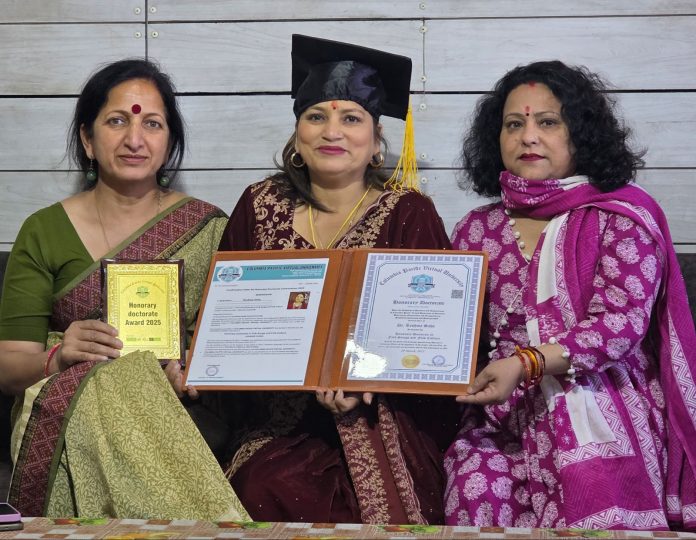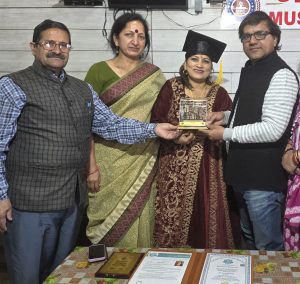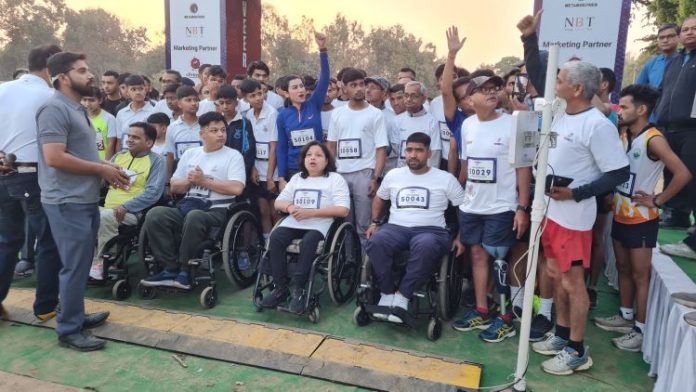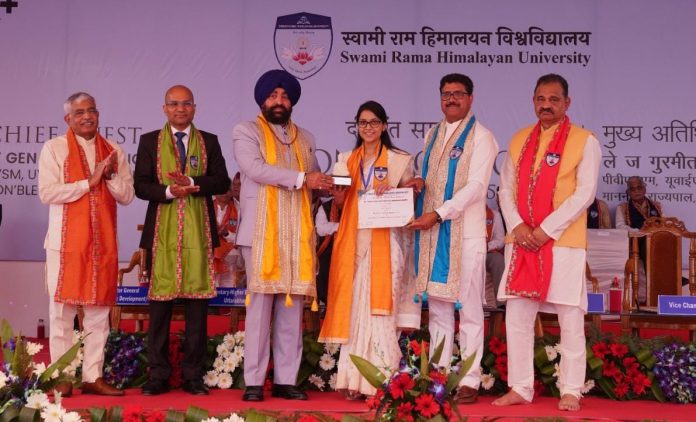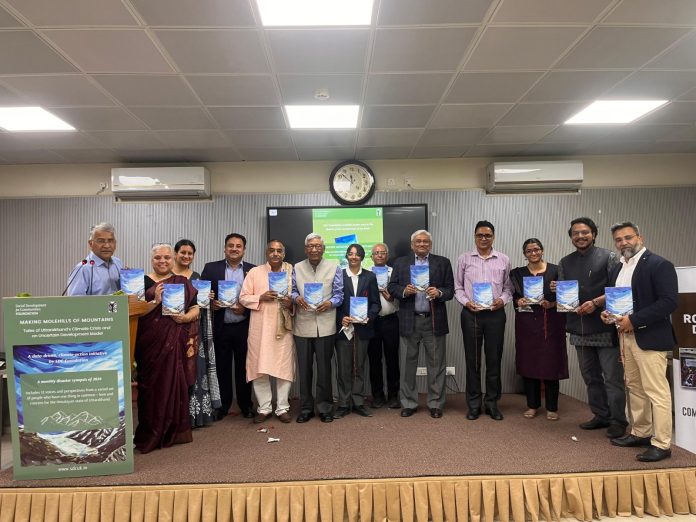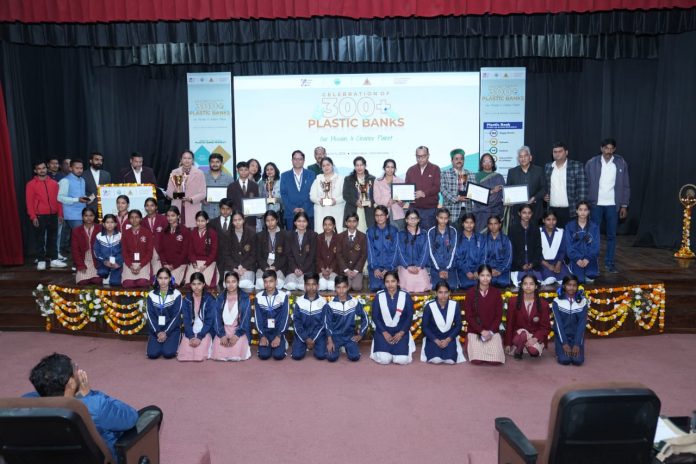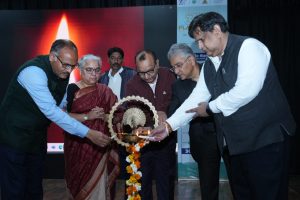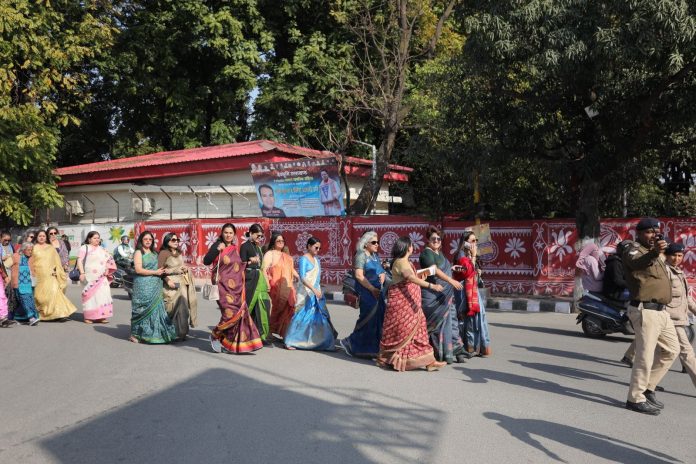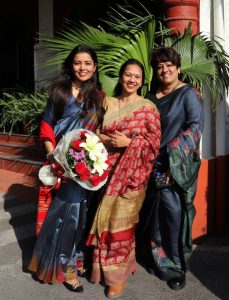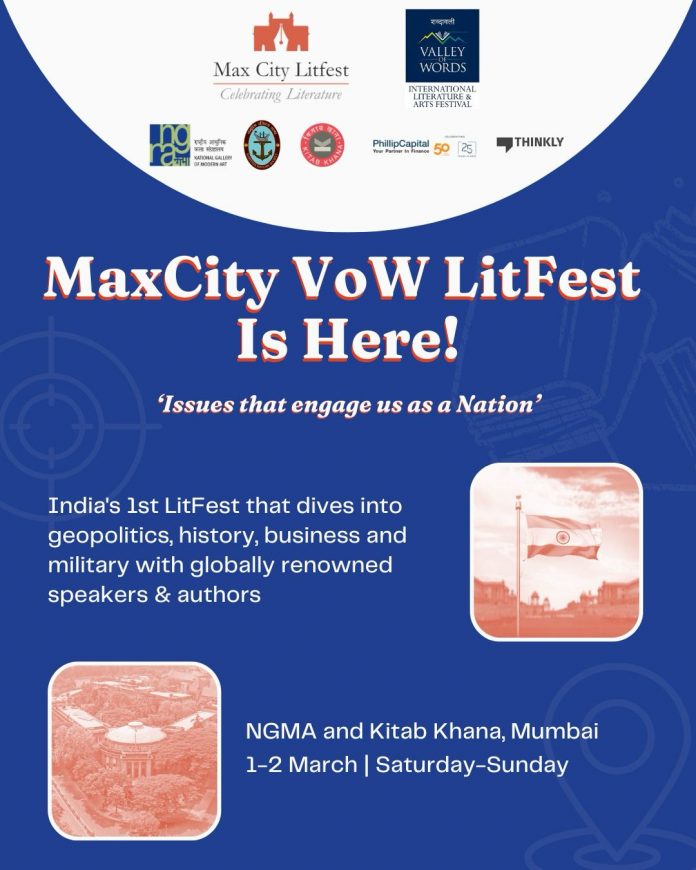As the Himalayan Amrit Kaal anoints, from its pink, the majestic ascent of Bharat, New Delhi should harken to the sustainable wisdom of her foregone civilizational dawn for eternalising her “vikas path” with the “Sanatana” or perpetual consciousness. The globe, today, though, split upon myriad political grails, is confronted with a collective and pernicious environmental crisis, a corollary of its own invasive and pyrrhic developmental advances to the detriment of the subtle ecological equilibrium. Throughout the annals of civilizational maturation, societies have laid accent on fueling their material flight across the temporal plane; however, over centuries, this progress-oriented convex approach, compounded with a burgeoning population, has debilitated the planet’s carrying capacity and bred the transnational scourge of climate change and its allied crises.
Environmental Policies in India: A cycle of ecological gestation
Environmental policies have been transmogrifying since time immemorial to minister to the sprouting economic and social exigencies of the time. The evolution of environmental policies evinces a recurrent patterned model, beginning in ancient India, in which the policy framework of the state maintained a punctilious focus on preservation and augmentation of the forest web via a wide range of spiritual, social, political, and legal prescriptions reinforcing the mandate. While the policies in the medieval period reflected dispensation’s overwhelming preoccupation with leveraging the aesthetic potential of nature sans shoring up ecological interests, the modern period, in gradual succession, has been one of incremental reconciliation of competing stakes.
Light of Ancient India
The repertoire of ancient India is rife with allusions, expounding the sound ecological health of the civilization. The Vedic Bharat espoused sustainability, in spirit, cultivating fraternal relations with the flora and fauna of the environment. For instance, a hymn of Atharva Veda (12.1.35) epitomising the eco-sensitive attitude of the society, states, “Whatever I dig out from you, O Earth! May that have quick regeneration again; may we not damage thy vital habitat and heart.” Even in a society as old as the Harrappan civilisation, rudimentary appendages of a sophisticated urban lifestyle, viz., sanitation and basic city planning, were meticulously crafted, taking into account the needs of the citizenry. Kautilya exalted the paramountcy of the environment to an unparalleled height, for he incorporated the environmental segment into the “Janapada” limb of his “Saptanga” theory, entrusting the king with the progressive obligation of preserving and embellishing natural assets (forests, arable land, etc.). In fact, it is worth noting that in Vedic Bharat, delineated forests, with a view to promulgating the organized administration of the environment, into three categories:- the Tapovana (protected sacrosanct grooves carrying spiritual importance), Mahavana (vast stretches of woodlands preserved for propping ecological symmetrty) and the Shrivan (forests to be utilized for commercial activities). Charak Samhita (medical Science book of 900 BC – 600 BC) issued many instructions for the consumption of water for keeping intact its purity. The Ashokan administration, in its profound sagacity, postulated a mandatory policy of tending medicinal plants along the roads and fruit plants in the wilderness, akin to afforestation schemes of the day (source: second of the 14 rock edicts of Ashoka).
The Mughal Aesthetics
The Mughals had a fervent passion for encashing kinetically the latent aesthetic potential of nature, which ensued in the construction of some of the best architectural marvels of the world in the subcontinent. They attached primacy to gardens as they called them “Bagh-e-Firdaus” (a symbol of paradise) and forsook the environmental concerns tied up with altering ecosystems for enriching their regal grandeur. Mughal scions, being consummate masters of the hunting prowess, construed forests as a mere repository of silage for their sporting ventures. With the proliferation of urban conglomerations, deforestation became an endorsed policy of the state. The Mughal administration did not propound any methodical modus operandi towards the regulation of environmental affairs, unlike the Kautilyan state, which exercised comprehensive jurisdiction over the ecological paraphernalia of the state. However, the exclusive exception to this lackadaisical orientation of Mughals vis-à-vis natural concerns was Jahangir’s reign, in which emperor Jahangir bid to draft a state environmental policy, as alluded to in his memoirs, Tuzhuk-i-Jahangiri, though his motive of an environmental jurisprudence could not see the light of the day, primarily attributable to the absence of germane institutions for embalming his eco-conscious consternation.
The British Retinue of laws and outlaws
A grim painting of the environmental landscape springs from carefully examining forest policies pursued in the British era. The Britishers set out on an ecological depredation to underwrite their commercial odysseys in Britain and British India. The fountainhead of their insidious intent lay in the Forest Act of 1865, which for the first time sought to effect sway over the forests. However, owing to its parochial purview in respect of forests, as Pro-British critics wrote “the act’s definition of a forest— land covered with trees, brushwood, and jungle—posed a hindrance to establishing plantations on barren lands”, the British government, upon a conference of forest officials in 1874 for evaluating the act of 1865, enacted the Forest Act of 1878 to ameliorate the state’s directorial ambit vis-à-vis ecological assets of the Indian Subcontinent. The act of 1878 was passed with the motive, as noted in the said act, “to amend the law relating to forest produce, and the duty leviable on timber.” While the 1878 prelude, the Forest Act of 1865, was an inchoate manifestation of the British lust to permeate the environmental realm, the 1878 act put the last nail in the coffin of indigenous rights. The last infamous British legislative milestone in the highway of environmental exploitation was the Indian Forest Act of 1927, a bleak extension of the ongoing legislative continuum. The act came into effect on 21st September 1927 and laid down the procedural tenets for governing the dissection of the forest lands into Reserved, Protected and Village forests, aiming to further cement British control.
With the passage of the Indian Independence Act of 1947, Indians not only wrested from the British crown their amputated right to self-determination but were also wedded again to their biotic and abiotic allies with whom they had been partaking in a millennia-long symbiotic relationship. Post-independence, critics argue that the state executive manned by Pt. Nehru was too inundated with stabilization measures and distended grandiloquence to be able to administer a healing touch to the frail and feeble ecology beset with an extractive colonial regime. Albeit, Pt. Nehru’s dispensation pioneered the National Forest Policy of 1952, which gave the magical threshold of 33% for minimum forest cover in the country; it could not yield desirable results and, unfortunately, succumbed to institutional sclerosis. However, it should be brought to light that contrary to the criticism mounted upon Nehruvian rule, Pt. Nehru gave utterance to his trepidation-laden environmental concerns and mulled over environmental impact assessments, in his fortnightly exercise of writing letters to Chief Ministers, to cite an example, on 15th August 1957, a decade after independence, he wrote, in his philosophical tenor, “We want both to exploit as well as conserve our natural resources. Sometimes, the desire to exploit them outruns discretion, and we forget the part of conservation”. A seminal institutional remdesivir was injected into the ailing ecology in 1980 when the Forest Conservation Act was brought into operation.
Chinks in the Armor Over the years, stemming from the government’s constricted outlook and the predicament of handling what this author would call the “development conundrum”, the gravitas hitched unto the economic trajectory and the green growth appeared to be at loggerheads, a phenomenon most palpable in third-world countries, including India, which were, often vicariously, subject to the occidental progeny of “shock therapy”. The controversial question springing from such academic discourses has been, “Can New Delhi’s grey matter be accused of mens rea (guilty mind)?”. The answer to this cynicism is that New Delhi had to harmonize often the competing connection between the industrial interests and that of the ecology, thereby shedding the dichotomous lens for interpreting the developmental graph.
In line with a pro-capitalism posture, New Delhi was coaxed into exceedingly liberalising the spectre of the regulatory framework to democratic quell the entrepreneurial outcry. As the South block developed a greater affinity for Washington, the entire machinery began accommodating capitalist interests mainly to provide a fillip to India’s image as an attractive investment zone. For instance, the Forest Conservation Act, 1980, though initially circumscribing the ecological autonomy of private entities, morphed into a relatively slackened framework through various amendments. For instance, the Forest Conservation Amendment Act, 2023, extended a blanket exemption to land that is located within 100 km of the Line of Control and international borders and that is considered to be strategically leveraged for the construction of a “strategic linear project of national importance and concerning national security.” Such an exemption adversely impinges upon the interests of ecological balance under the garb of national security and allied concerns. The aforementioned act, in particular, critics argue, would be specifically prejudicial to the Northeastern states and Himalayan states, which harbor enormous reservoirs of exotic biodiversity and augment the green reserve of the country. Therefore, as India inches towards 2047, she ought to hold her eco-regulatory framework under constant vigilance to ensure that her rise requites the affection of her green companion, for even the slightest trifling with ecological script would amount to dire repercussions for posterity.
Ecological administration is laced with another prescient lacuna of ill-synced machinery as most of the developmental wings of the government, at the micro-level governance, do not act in tandem with the counsel assistance of the forest department. District Environment Committees, entrusted with facilitating eco-centric governance, have not been able to synergise different departments of the government effectively to ensure eco-sensitive development. Faced with such a mare’s nest, the government must upend the current system and adopt a target-oriented and incentive-driven approach by carving out the District Environment Impact Mitigation Committees, from the pool of academicians and forest mandarins, to first asses the carbon footprint of the respective administrative unit and then pursuant to it, devise strategic mechanism for cultivating carbon sequestration (removing carbon from atmosphere). These committees can eventually mutate into the Committees on Abiotic Components to holistically address the degeneration creeping into air, soil, water, etc. The committees on Abiotic components would result in enhanced outcomes in specific components, thereby warding off relative neglect of nucleate elements of the environment in an attempt to rejig the mammoth ecological setting. Such a systematic structure may be coupled with a pan-India monitoring setup to appraise performance and serve as a positive reinforcement platform, propelling districts to race with each other on the environmental vertical.
Acting on the recommendations floated by the Subramanian committee in 2014, the state must contrive a legal framework to ensure the addition of environment reconstruction cost to the total cost to the company for inoculating the state against any fiscal strain to indemnify for the potential loss of environment due to commercial ventures or welfare projects. In addition to this, special remedial measures must be conceived to resuscitate critical transregional natural assets such as rivers and the atmosphere to cater to intense contingencies with the able aid of district committees.
The Indian Forest Service should be revamped and rechristened as the Indian Environment Service by expanding its remit and functional jurisdiction to tackle the all-encompassing menace of climate change in a relatively tweaked follow-up to one of the Subramanian Committee’s recommendations of setting up an Indian Environment Service. While the creation of an entirely new environment service may be expedient for tendering thematic assistance, the practitioners of eco-governance posit that such an administrative experiment is pre-destined to fail for it will lead to overlapping jurisdictions, thus erecting power struggles in the union environment ministry, which will be the cadre-controlling authority of both the services.
Conclusion: Drawing curtains on the Eco-play
The waxing and waning of the eco-crescent will eventually cast its silhouette over the abiding yet ever-fragile tapestry of civilisational progress. Alarming tides in the emerald sea call for a concerted family endeavour to tide over the eco-crisis, thus knitting nations through the common strand of “Vasudhaiva Kutumbakam,” bespeaking our recourse to Vedic wisdom for defanging this global albatross. With decks cleared, this time is as mellow as any would be for redeeming our commitment to our mother earth and kindle what has been bequeathed to us through centuries in the Prithvi Sukta of the Atharva Veda, “Earth is my mother and I am her son.”
REFERENCES
- Forest Conservation Act, 1980
- Indian Environmental Service, an essay by Sriram IAS
- Current Status And Challenges For Conservation And Sustainable Use Of Biodiversity S. Sheeba and N. Ratheesh
- Trade Liberalization and Environmental Protection Written by Marvin Spence
- Van (Sanrakshan Evam Samvardhan) Adhiniyam, 1980 Source: Drishti IAS
- Nehru’s Prescient Vision on the Dangers of Unsustainable Development
- Evolution of Environmental Law and Policies in India by Tanay Akash
- The amended green law is full of red flags by Zeb Hasan
9. Forestry in Ancient India by BM Kumar, College of Forestry, Kerela Agricultural University
